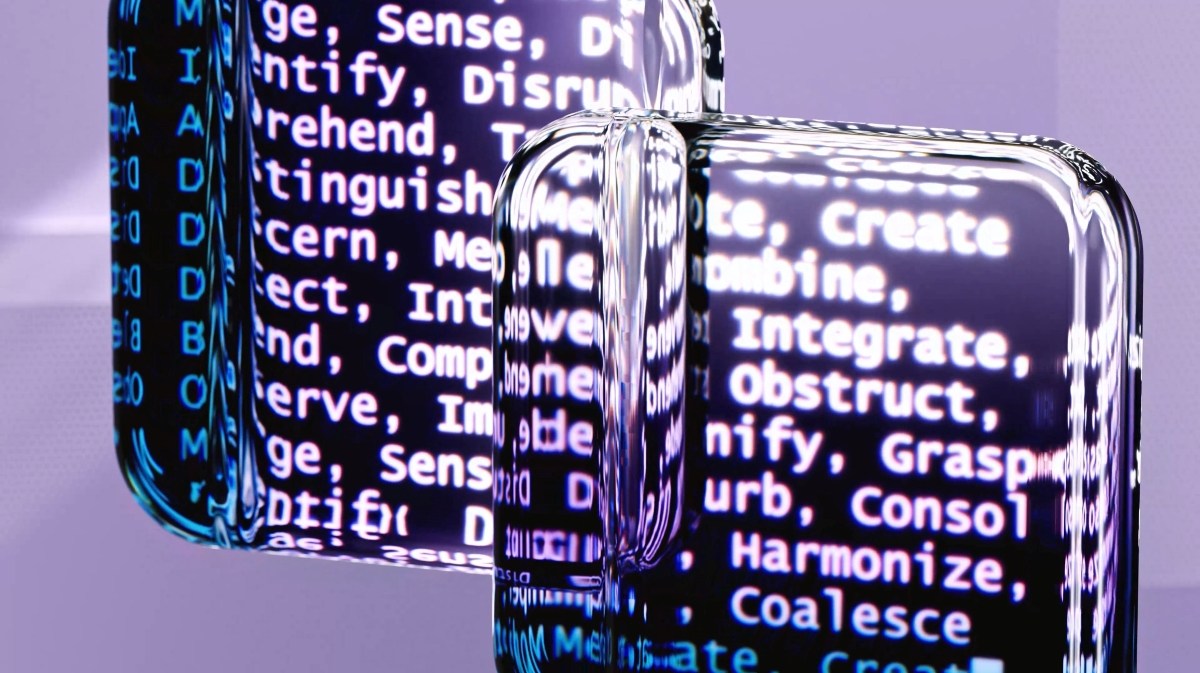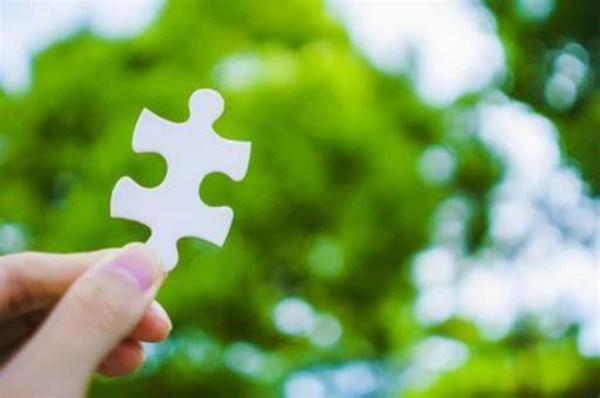Under the Latin maxim “ubi societas, ubi ius”, law has been concerned since ancient times with providing a regulatory response to the different challenges that society has posed, from the regulation of the first human relationships to the organisation of the most complex commercial relationships. In this long journey, the legislator has faced innumerable legal challenges consisting of understanding each of the social developments of the time and providing a legislative response to them, so that we, the parties to the law, can always know the legal consequences of our actions.
And while this is nothing new, since, as the Greek philosopher Heraclitus stated, everything changes and nothing remains, the law is currently facing a phenomenon that has been making headlines all over the world for months now: generative artificial intelligence (AI).
The disruption of generative AI
This concept brings together the expressions of a technology that has not known precedents of expectation since the internet began to be talked about more than 30 years ago. And this is because, unlike other recent manifestations of technology, such as big data, blockchain, metaverse or AI is something that everyone can access in a simple way and whose uses are easily adopted by anyone, regardless of their technical expertise or capacity. Software systems such as ChatGPT, Midjourney or Dall-E are excellent examples of this.
In this context of opportunities that generative AI is determined to show, the legislator faces challenges of different depths. Among them is the task of identifying the author for the ocean of content that generative AI is capable of creating in a fraction of second.
The process is as simple to describe as it is complex to regulate. Generative AI receives an instruction (a prompt), to which it accesses and processes a significant volume of information, usually obtained from open sources on the internet (the input). The result of applying this instruction or prompt to the input leads to astounding creative results.
To give an example, if I ask a generative AI solution to create a literary work in the style of Jon Fosse, the latest Nobel Prize winner in literature, the AI will dive for inspiration and generate an output, which will take less than a second to display. In short, we are transitioning from the internet of indexing (“I want something, I search for it, and if it exists, I find it”) to the internet of AI (“I want something, I give an instruction, and what I wanted becomes reality”).
A reflection on the evolution of the humanist vocation in Intellectual Property
This legal search for the author of the output is, of course, one of the main challenges facing the modern legislator in the field of intellectual property. This is because nineteenth-century intellectual property law has always shown – mainly in Europe – a humanist vocation, so that human intervention will be necessary for a creation to be considered a work and therefore protected by copyright.
Conversely, where there is no human intervention, there will be no intellectual property over the result.
This circumstance has caught the attention of global economic stakeholders, who invite reflection on whether or not copyright law should evolve and allow a creation, the result of applying a sequence of instructions without human intervention, to be protected by intellectual property.
A global debate
For the time being, international norms and comparative law do not encourage change. Additionally, various intellectual property offices around the world, as well as certain courts and tribunals, have already had the opportunity to rule on the matter, with predictable and orderly outcomes.
In the US, we have seen how certain applications for the registration of generated AI creations were outright rejected by the US Copyright Office, which was subsequently confirmed by judges and courts. Thus, the US Copyright Office itself has seen the need to publish a guide that distinguishes between two scenarios: cases in which the AI acts as a tool that facilitates the author’s creation of a work, and cases in which the AI autonomously and independently creates the content. The former scenarios will have free access to the registry, while the latter will be met with outright rejection.
This has been the trend maintained by the majority of the different states around us, which have systematically rejected – although with exceptions – the registration of works created by generative AI and the attribution of authorship to those who use this type of technology in the creation of content.
However, this situation – which has not been resolved at a global level – requires reflection as a society, in order to decide whether the current legislation is sufficient or not and, if so, whether we should go beyond the script and grant the status of work to content created by generative AI and authorship to the person who simply orders the sequence of instructions.
The latter position would seem to be a radical departure from the humanist principle outlined earlier, which has inspired the doctrine of copyright for centuries. This is because the concept of the natural person as author has been reiterated since the first intellectual property rules. However, this was already the case, and the European legislator took a leap into the void a few years ago and allowed companies to be not only right holders but also authors of a computer program.
Ultimately, this is not an easy or obstacle-free path, but everything indicates that national legislators in the main territories will have to make a decision that is fair and appropriate to the times we live in.














